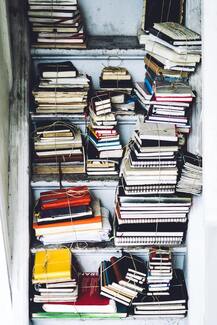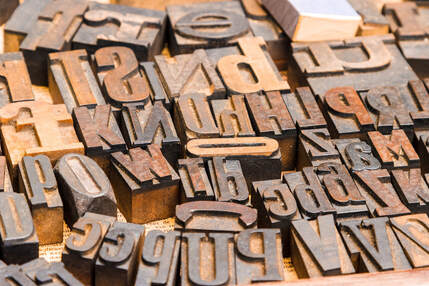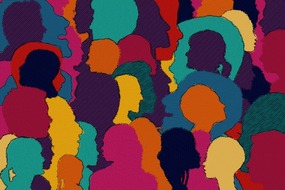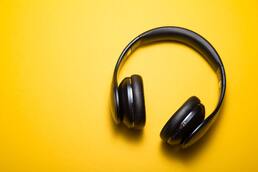 by Amanda Smera Few things make me angrier than when people read something I’ve written and point out my talent. The intentions, of course, always come from a good place and they mean no harm. And yet the bitter taste in my mouth never fails to feel discrediting. I want to scream from the top of my lungs: “I’VE BEEN WORKING ON THIS FOR A MONTH STRAIGHT, FOR YOU TO DARE AND ASSUME IT WAS JUST ‘MY TALENT’?!” It feels like an outdated myth that talent is a bigger force, that either you’ve got it, or you don’t. I have hundreds of thousands of school essays, Harry Potter fan fictions, and journal entries that prove that I was no Jane Austen at the age of five or fifteen.
0 Comments
by Garret Castle  Photo by Nick Morrison on Unsplash Photo by Nick Morrison on Unsplash The amount I write varies from week to week. Despite my attempts to form a routine, my writing is still left to necessity and whim. But there is one consistent means of writing in my life: social media. The scope of my social media usage is primarily limited to Reddit and occasionally Twitter. While there are times when the discussions I get involved in make me regret writing the original post or comment, I have found that social media has been a positive boon to my writing and has helped me grow as a writer. While social media can be used to reinforce unhealthy habits, I believe it helps promote literacy more than it hinders it. by Amanda Smera  Not once in my life have I had to wonder what it is like to not know how to read or write. And I am guessing that, if you are reading this right now, neither have you. But what if I told you that in some countries, reading and writing are not as reachable as they seem to be? That for some people, reading and writing is seen as a privilege and not as a common practice?  by Ariana Tucker Go onto any major book-selling website and you’ll probably find a section dedicated to Black authors in the list of genres and subcategories. Amazon calls theirs “Amplify Black Voices” and lists it among other popular keywords like “Award Winners” and “Celebrity Picks.” Barnes and Noble calls theirs “Black Voices” and lists it among other browsing options such as “Large Print Books” and “Trend Shop.” Click on either link and you’ll see popular books written by Black authors, most of which are the same books we’ve been talking about for the last five years. Barnes and Noble is the worst offender of this. On their featured page of “Fiction: Black Voices,” only four were published between 2020 and 2021 (Colson Whitehead’s Harlem Shuffle is their featured book from 2021). The rest are classics by Nella Larsen, Zora Neale Hurston, and Ralph Ellison and books by authors like Chimamanda Ngozi Adichie and Sister Souljah, which were published in the 2000s and 2010s. Amazon at least offers a more up-to-date list of recently released books by month and recommendations from editors and Black icons like Billy Porter and Rick Ross. You can find almost any genre and any subject here, the only difference is that the authors are all BIPOC. by Marissa Stanko  Photo by C D-X via Unsplash Photo by C D-X via Unsplash Trying to find your identity as a writer is nerve-wracking. There’s pressure on all sides to do certain things or be a certain way or write at certain times and so on and so on. It took me a long time to feel like I was a writer, and even now I struggle with feeling like I don’t write “the right way.” One of the things I always felt forced to justify as a writer, even to myself, is that I like to listen to music while I write, and it isn’t instrumental. Studies, blog posts, and articles galore tell me that I shouldn’t listen to music while I write, or that if I do, it should be classical, instrumental, or a playlist designed to fit the piece I’m working on. Lyrics distract from writing, they say. Music puts your focus somewhere else. And I know for many people, that must be true. |
Archives
April 2024
Categories
All
|
|
Glassworks is a publication of Rowan University's Master of Arts in Writing 260 Victoria Street • Glassboro, New Jersey 08028 glassworksmagazine@rowan.edu |
All Content on this Site (c) 2024 Glassworks
|

 RSS Feed
RSS Feed
